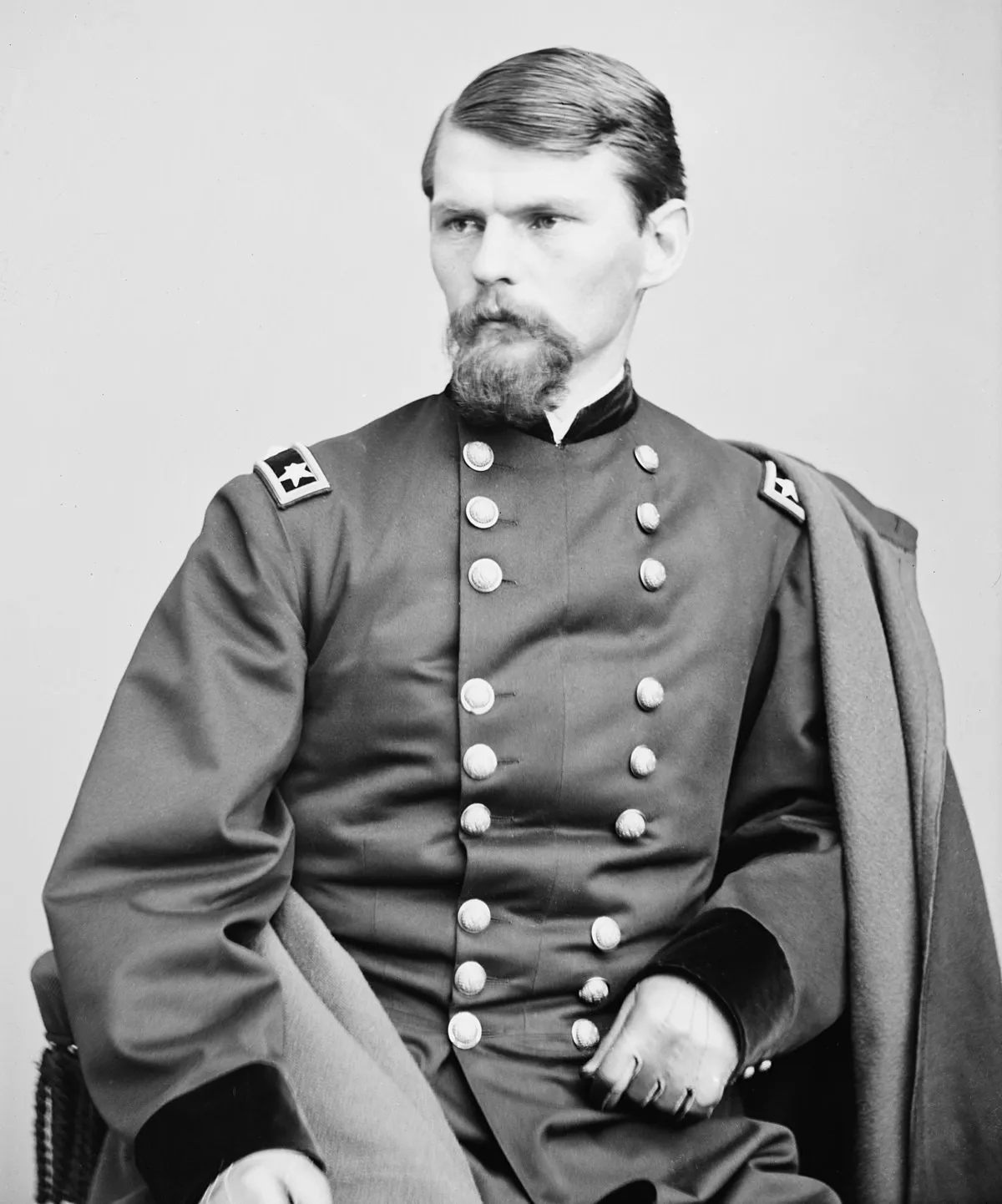 1.
1. Emory Upton was a United States Army general and military strategist, prominent for his role in leading infantry to attack entrenched positions successfully at the Battle of Spotsylvania Court House during the American Civil War, but he excelled at artillery and cavalry assignments.